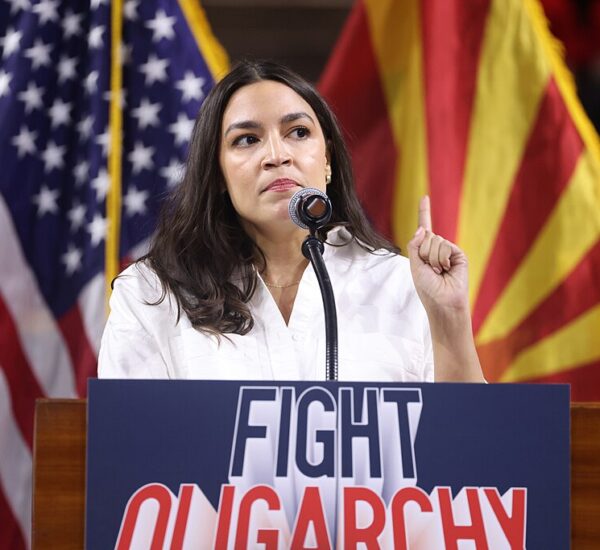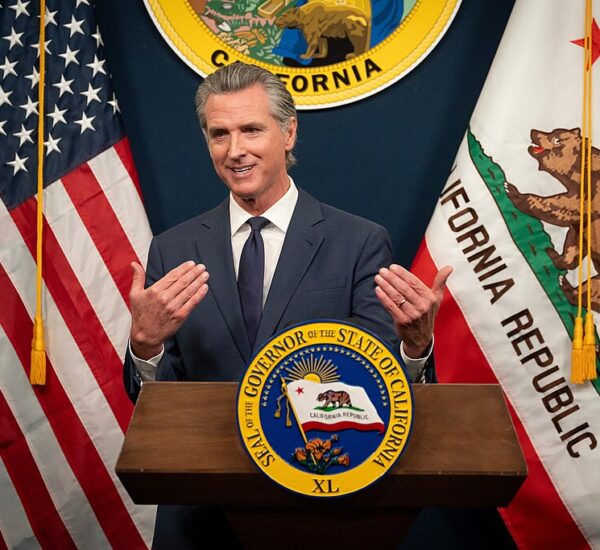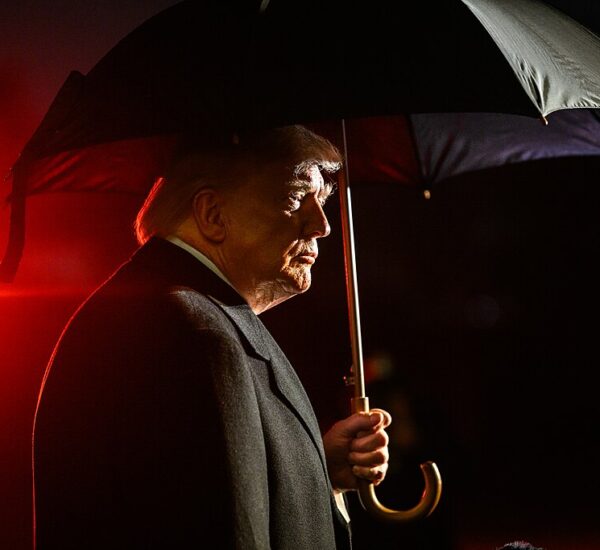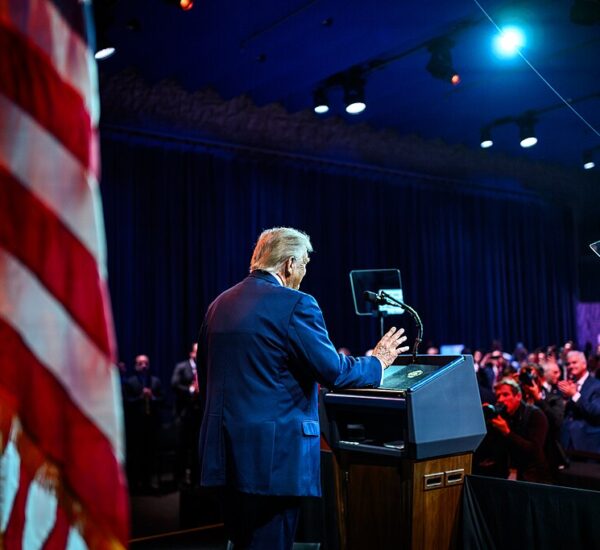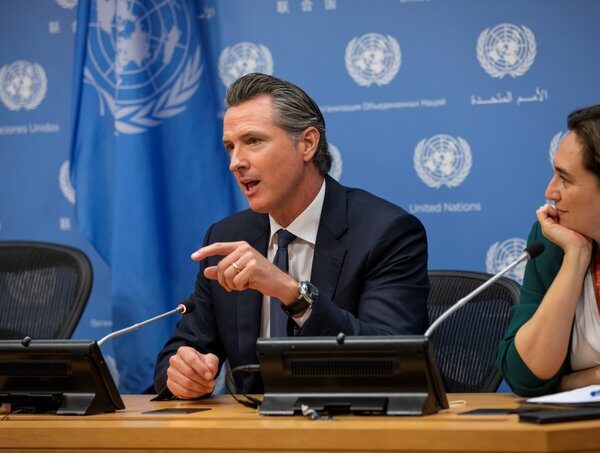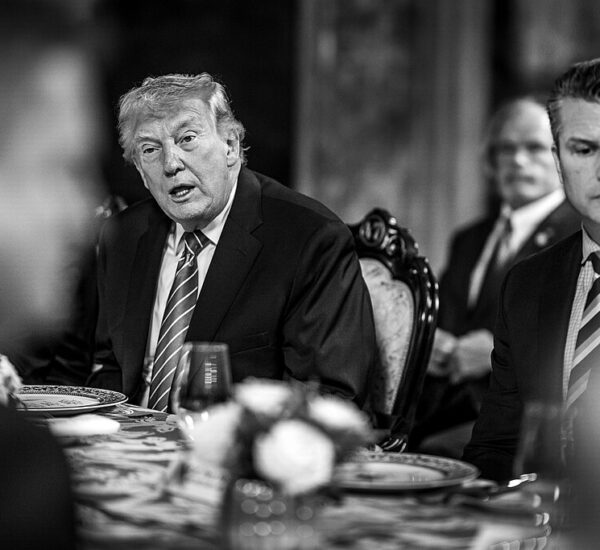GOP Governor Refuses To Vote For Trump
Republicans are not happy about this.
Georgia Governor Brian Kemp recently disclosed in an interview with CNN’s Kaitlan Collins that he abstained from voting for any candidate in the state’s presidential primary held in late May. Kemp clarified that by the time the primary reached Georgia, the Republican presidential race had already been effectively decided, hence he opted not to cast a vote for any contender.
Reflecting on the implications, Kemp acknowledged the curiosity surrounding his choice, whether he supported former President Trump, refrained from voting altogether, or possibly favored another candidate. Trump emerged victorious in Georgia’s March 12 primary, securing a significant margin ahead of former U.N. Ambassador Nikki Haley, who garnered 13.2 percent of the vote.
The relationship between Kemp and Trump has been notably contentious, particularly following the 2020 presidential election results in Georgia, where President Biden narrowly defeated Trump. Kemp’s steadfast refutation of Trump’s claims regarding election fraud led to disparaging remarks from the former president, including calling Kemp a “clown” and a “fool.” Despite Trump’s subsequent endorsement of a primary challenger against Kemp in 2022, Kemp prevailed over former Senator David Perdue.
Looking ahead to the upcoming presidential debate between Trump and President Biden, Kemp advised Trump against dwelling on past election results, suggesting such focus could alienate swing voters crucial to electoral success. Kemp, who earlier this year endorsed Trump in straightforward terms as a preferable choice to Biden, stopped short of explicitly stating his intent to vote for Trump again, emphasizing instead his commitment to support the Republican ticket.
In summary, Kemp’s decision not to vote in the primary and his cautious stance regarding Trump’s electoral strategy underscore his navigation of a complex political landscape shaped by his past interactions with the former president and the broader implications for Georgia’s political dynamics.

